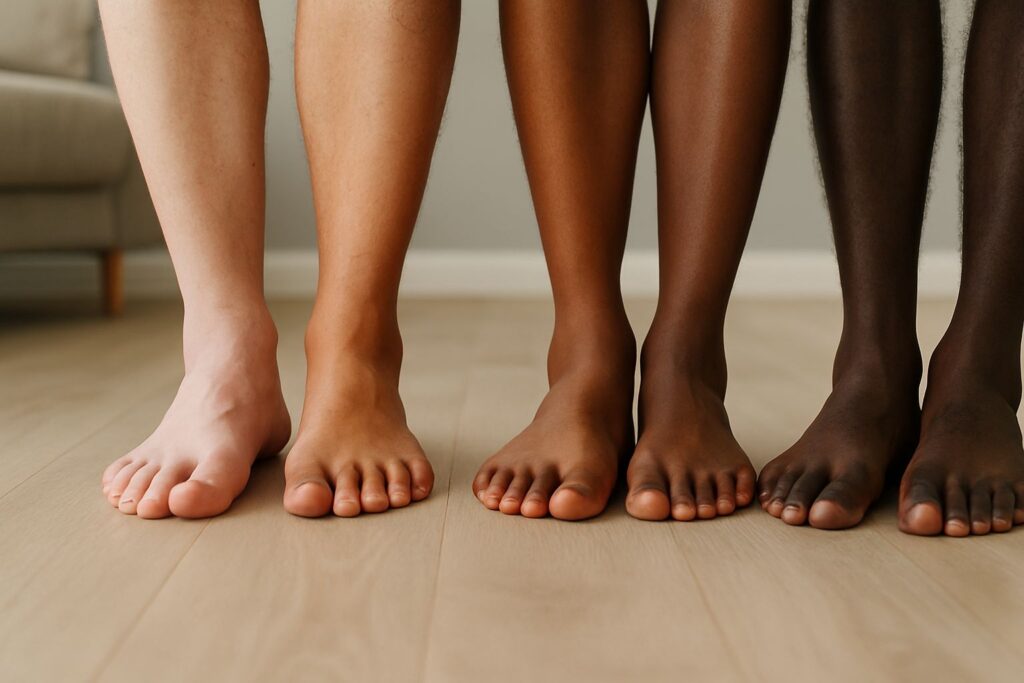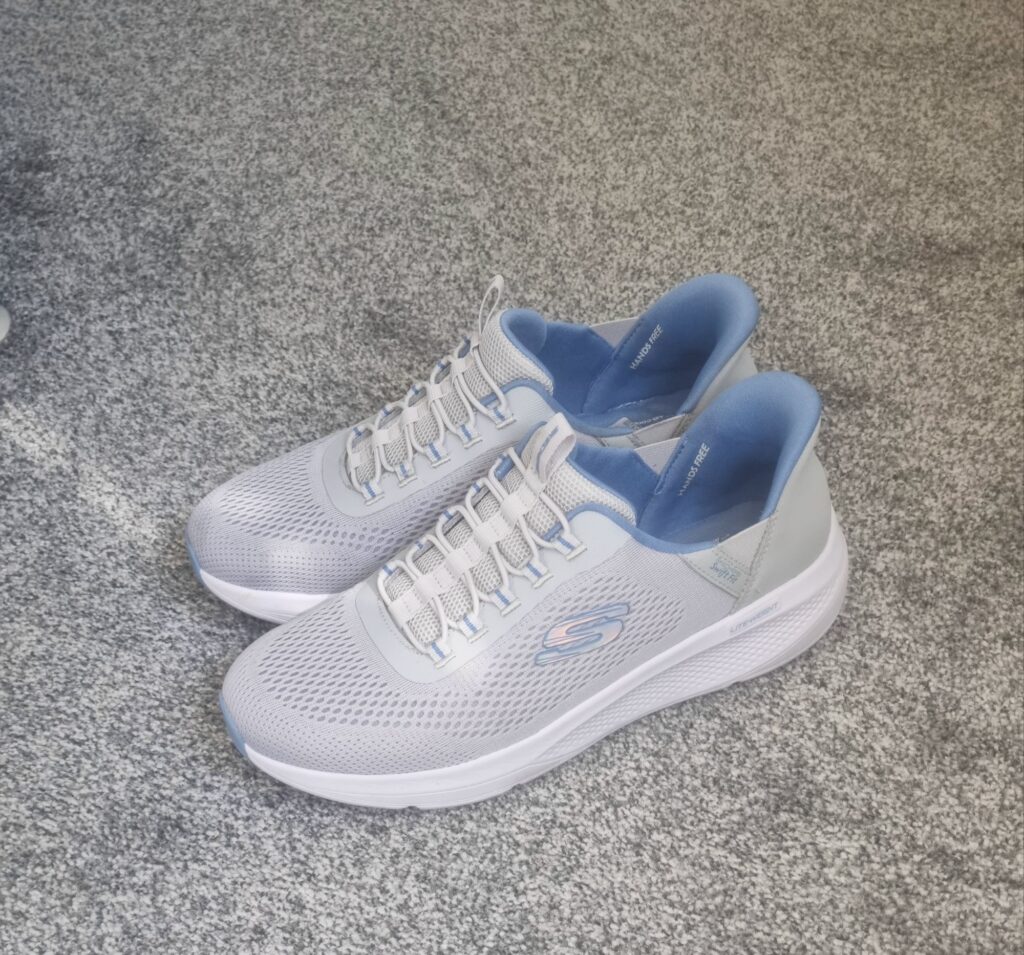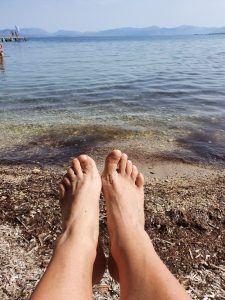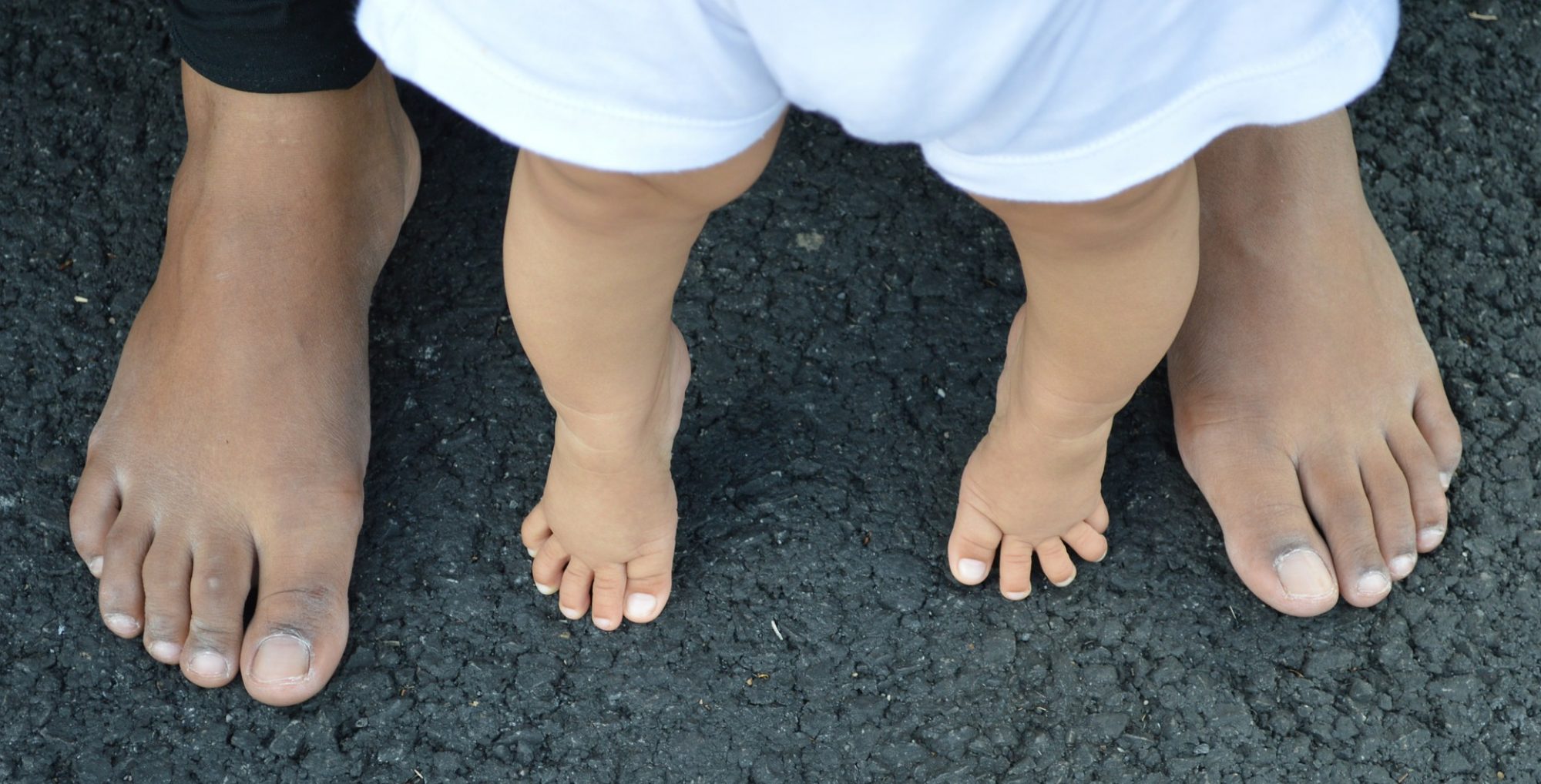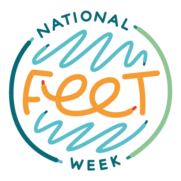Looking after your feet from an early age is one of the most effective ways to prevent fungal infections and maintain good overall foot health. Our feet go through a lot each day, from walking and standing to being enclosed in socks and shoes for hours at a time. Without proper care, they become vulnerable to issues like athlete’s foot, nail fungus, and skin irritation.
One of the most important habits to develop early is keeping feet clean and dry. Fungi thrive in warm, moist environments, making sweaty feet a perfect breeding ground. Dry your feet thoroughly after bathing, especially between the toes. If you’re prone to sweaty feet, consider using an antifungal foot powder or spray.
Equally important is changing your socks daily—or more often if they become damp. Opt for breathable materials like cotton or moisture-wicking fabrics that help keep feet dry. Rotating footwear also gives shoes time to air out and reduces moisture buildup.
It’s also wise to avoid walking barefoot in communal areas such as locker rooms or public pools, where fungal infections can easily spread. Wearing flip-flops or shower shoes in these spaces can help reduce your risk.
Get advice on your foot health from your local Chiropodist, Podiatrist, or Foot Health Practitioner to avoid long-term complications.
